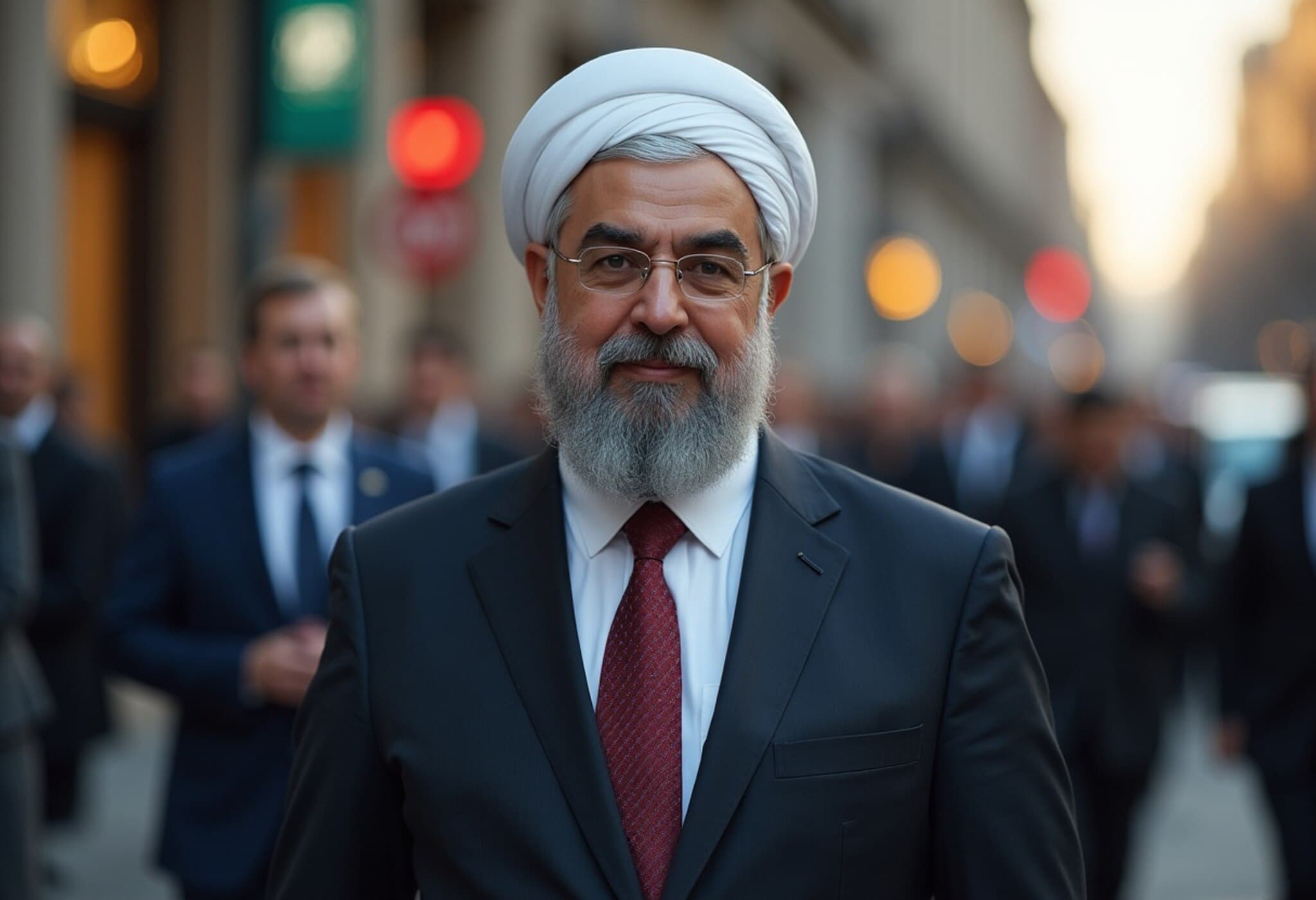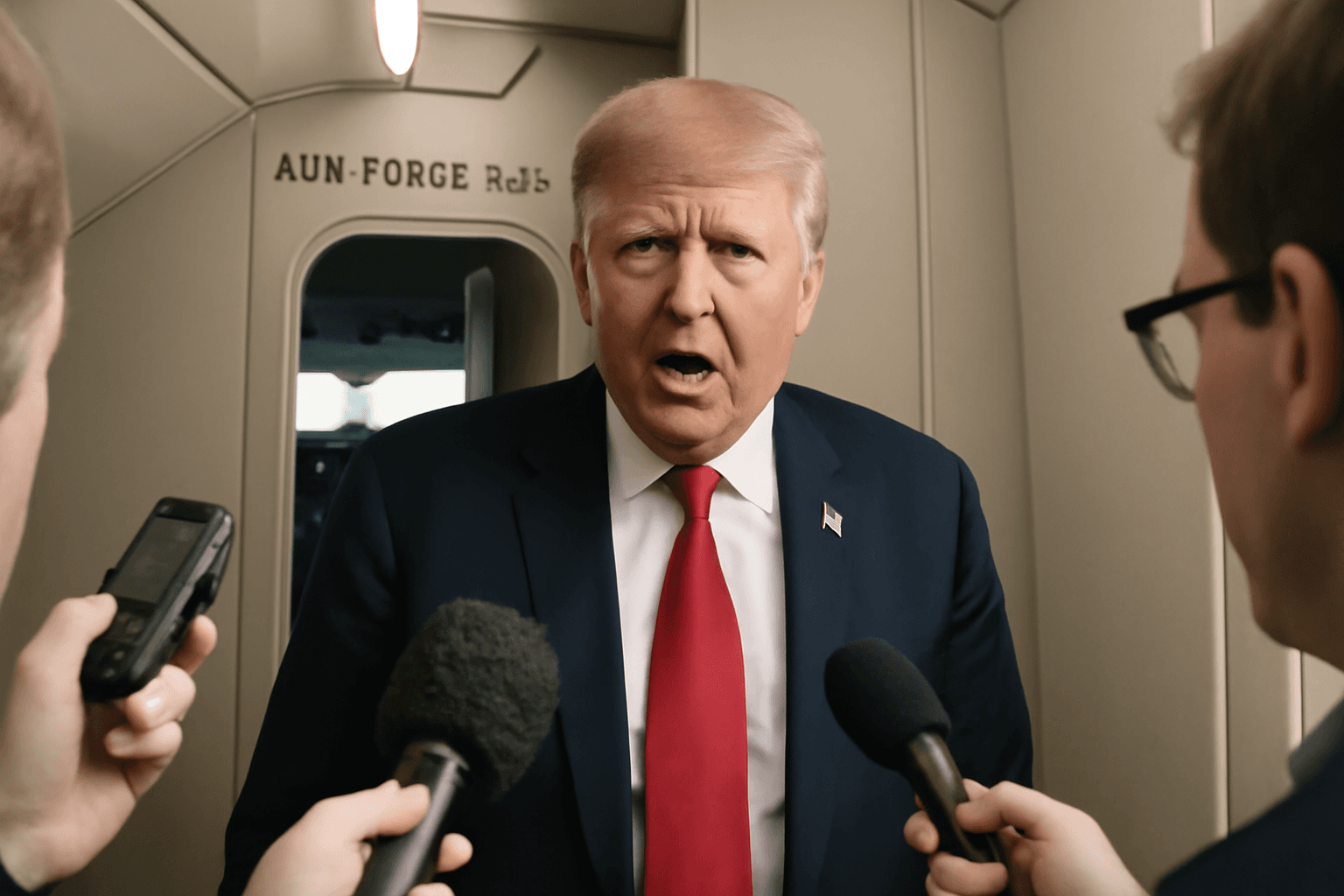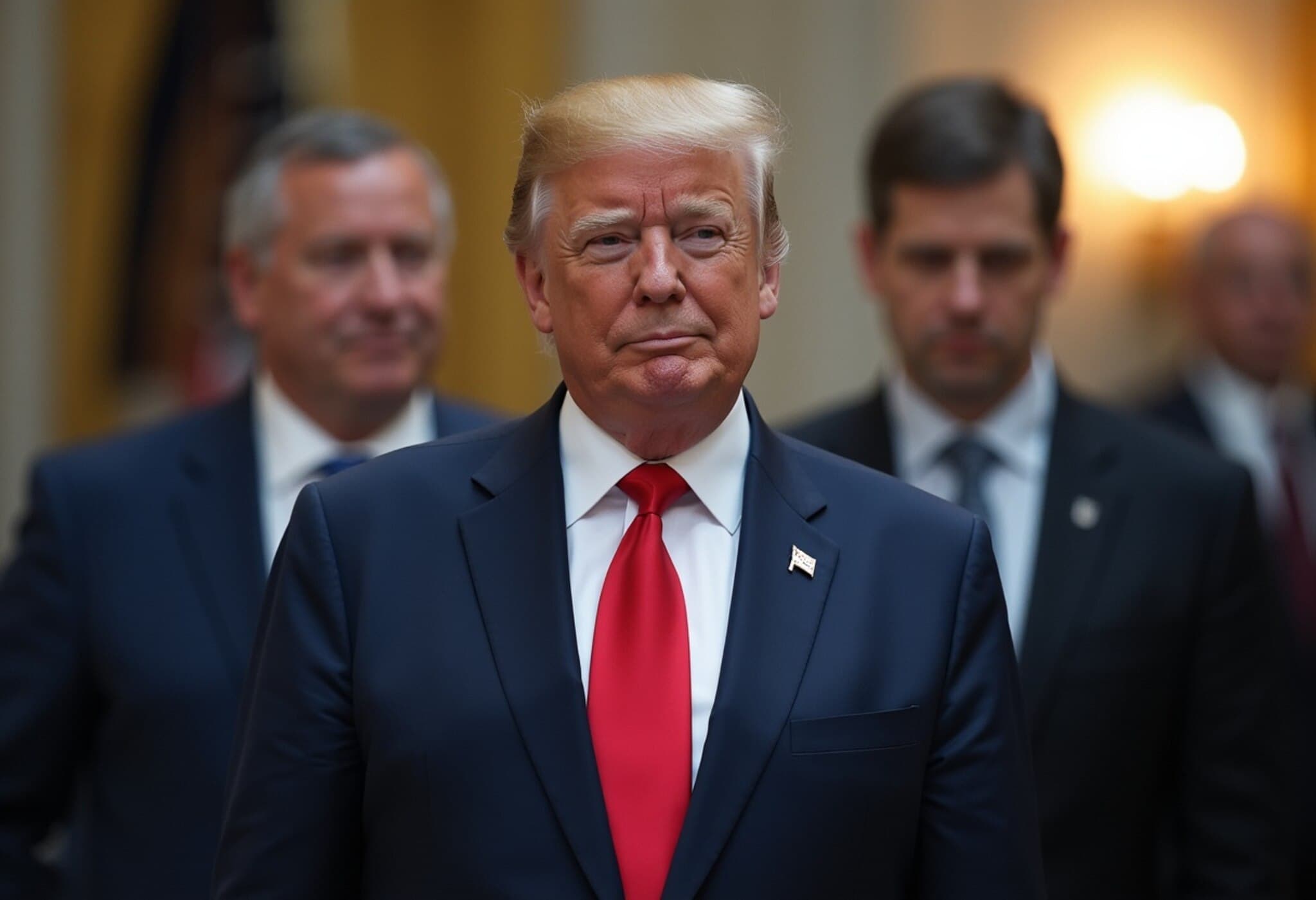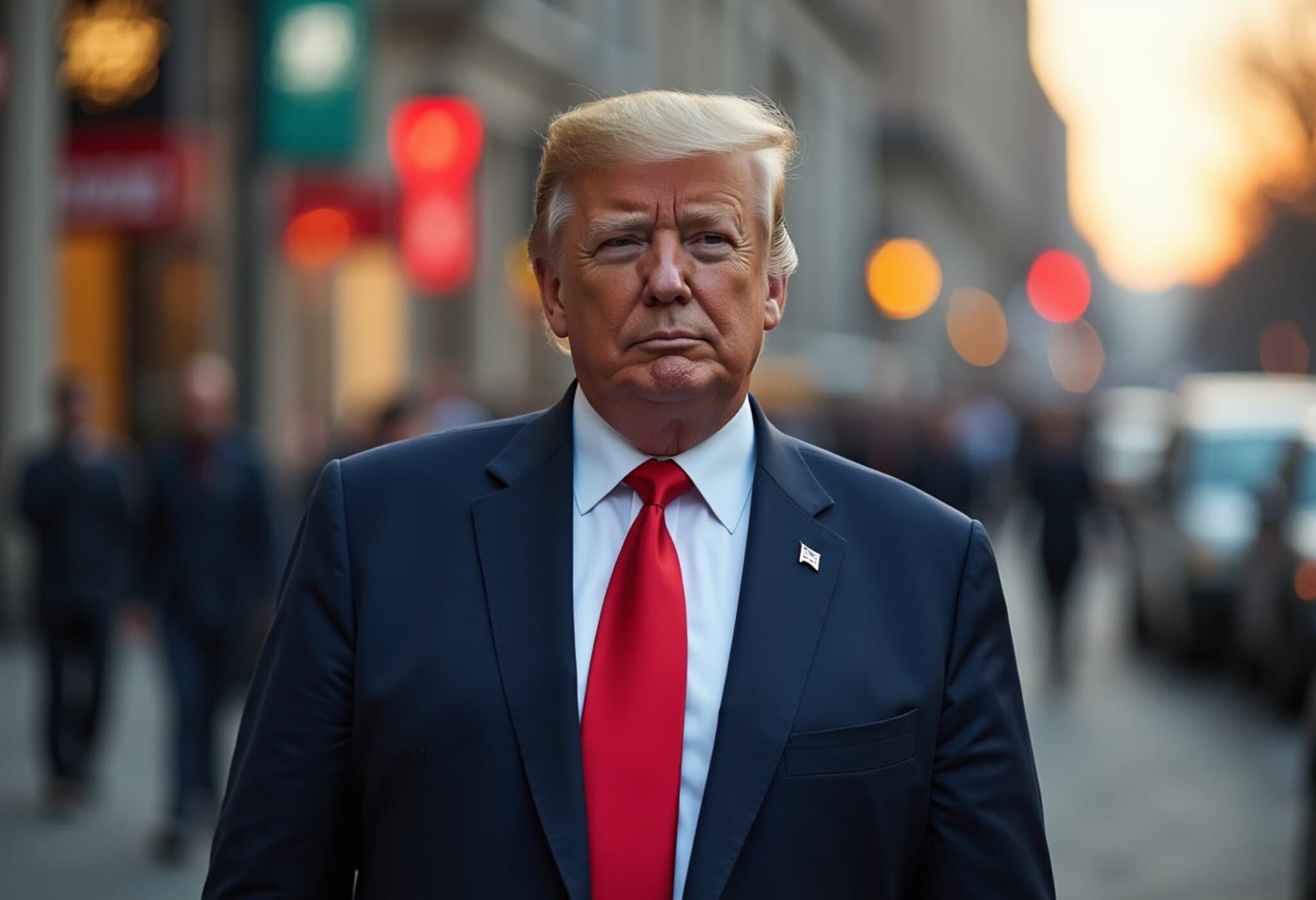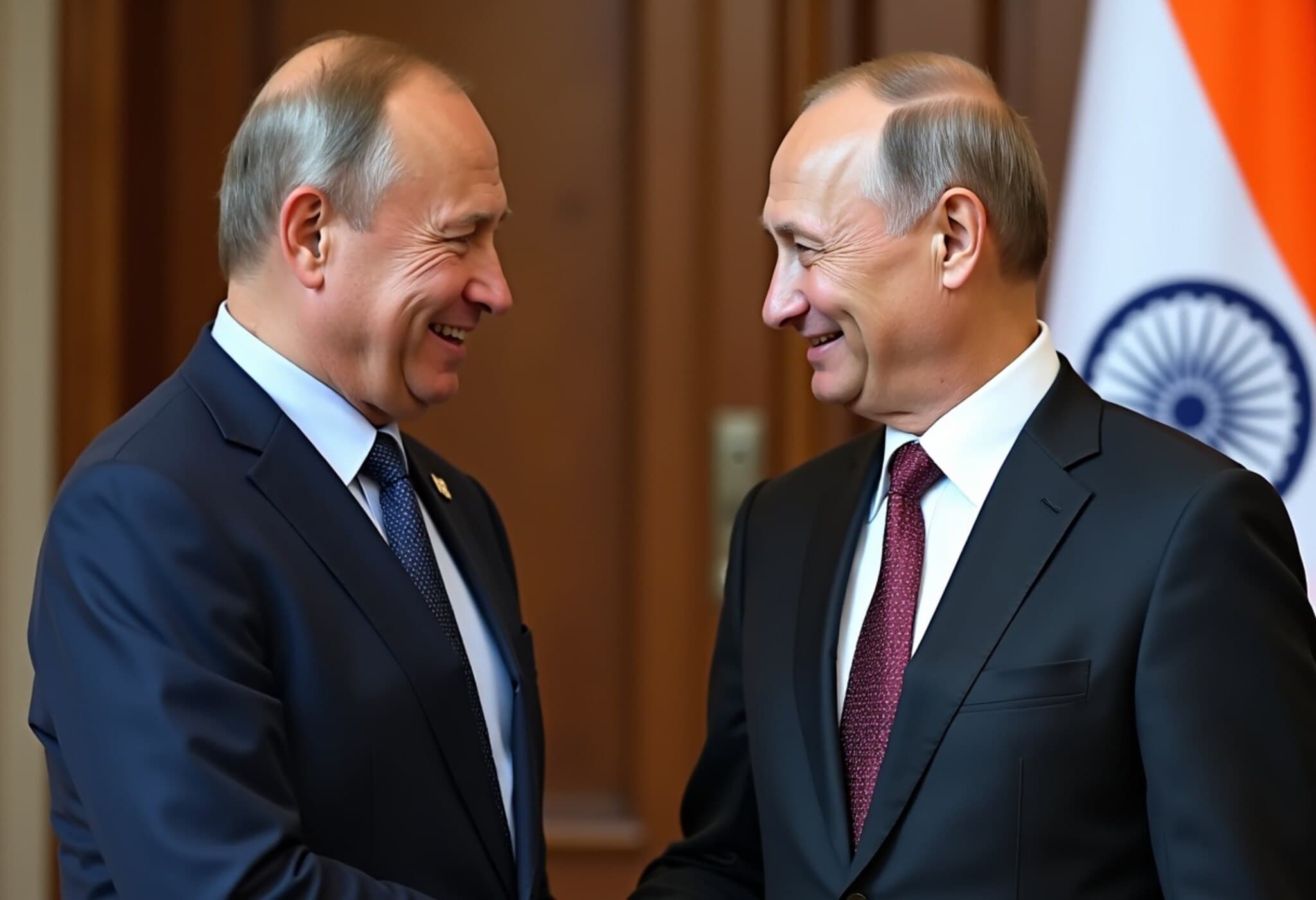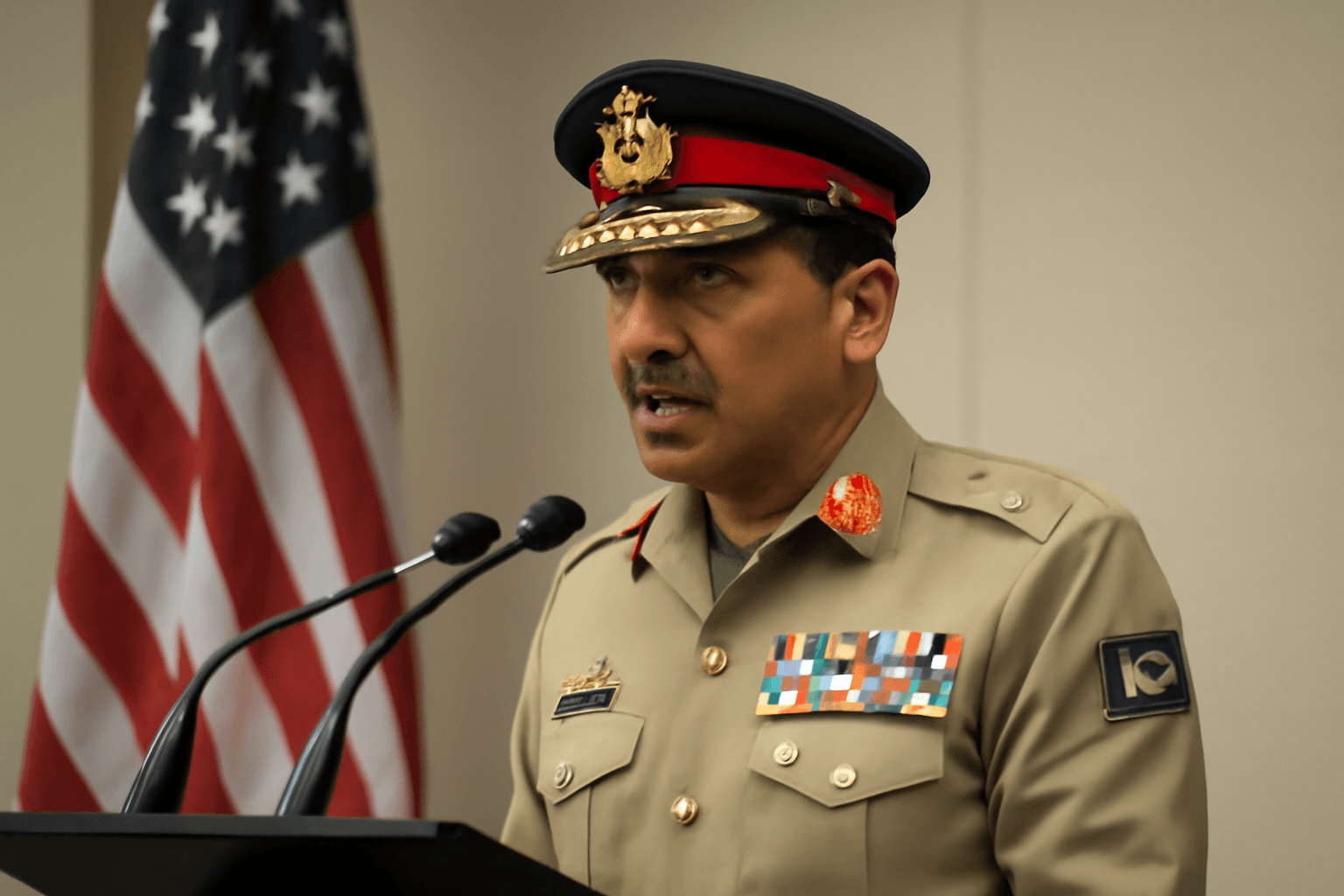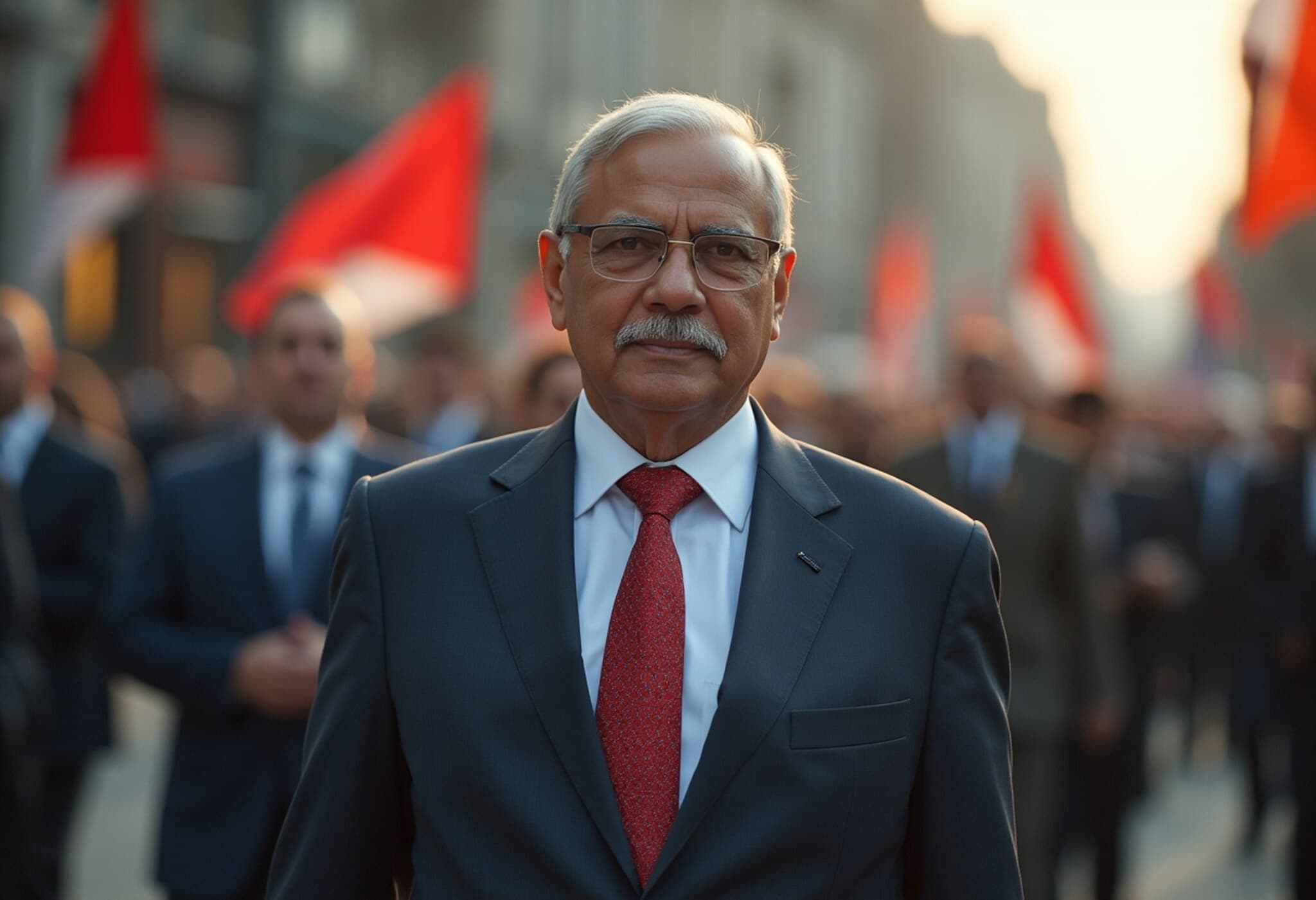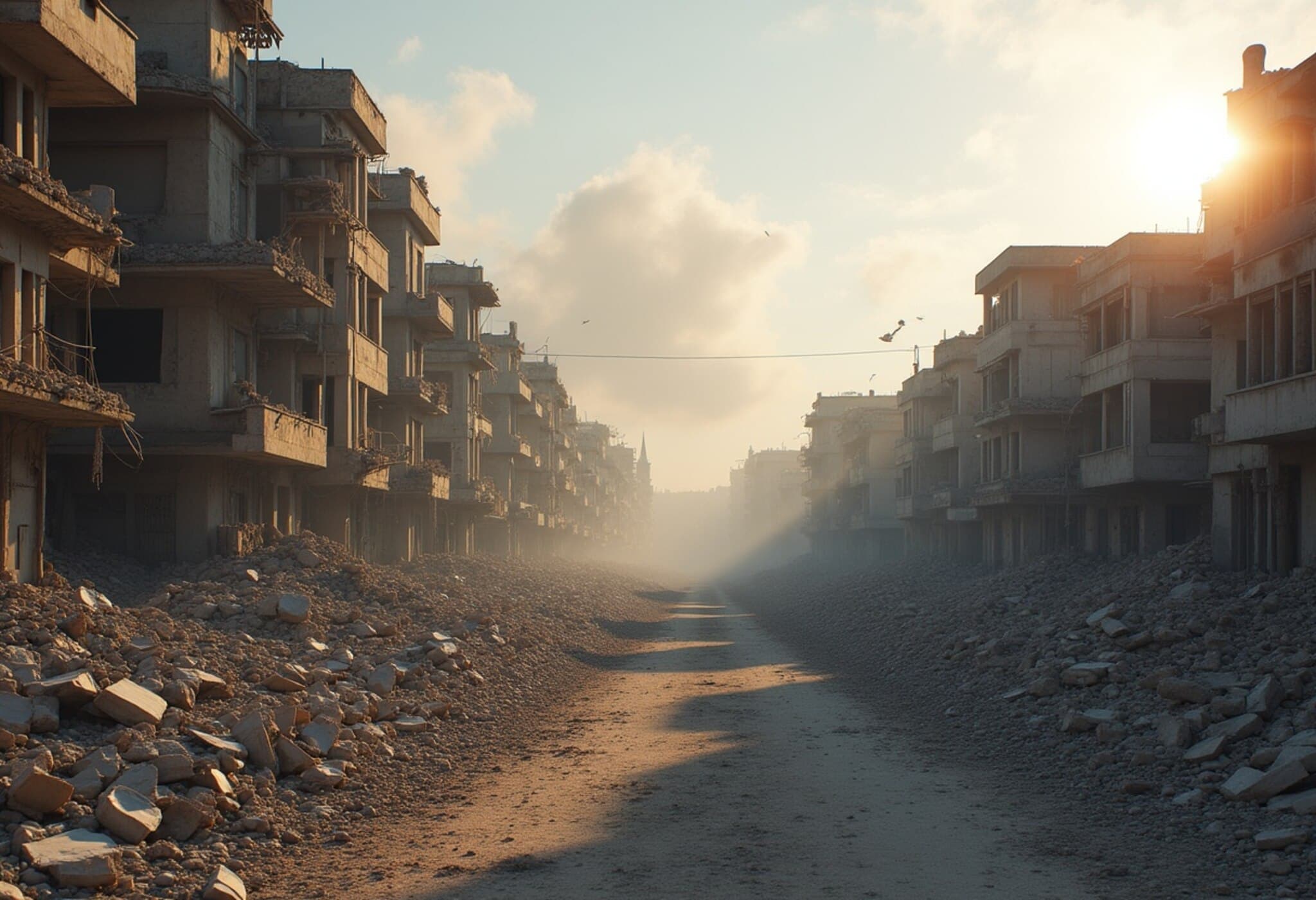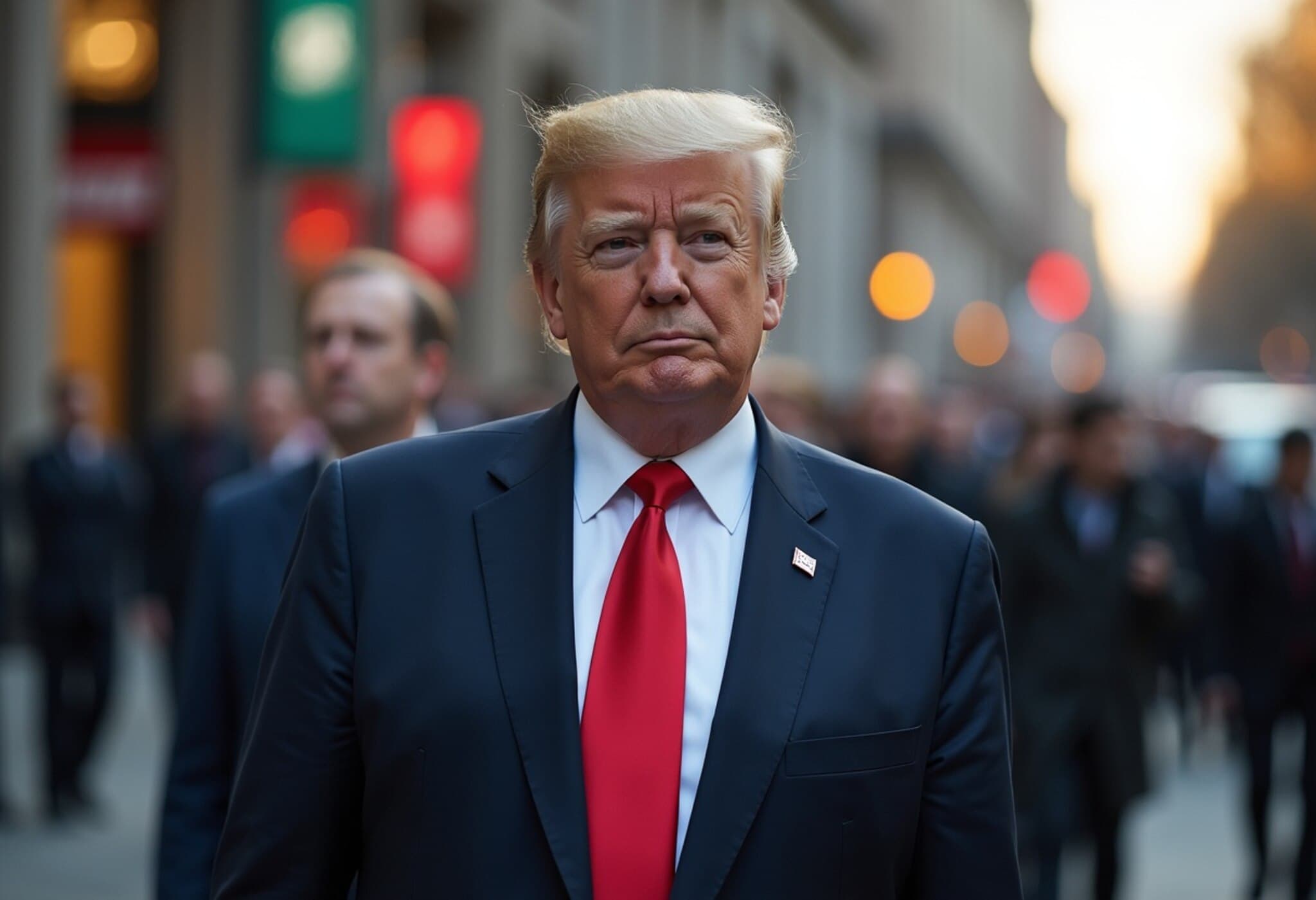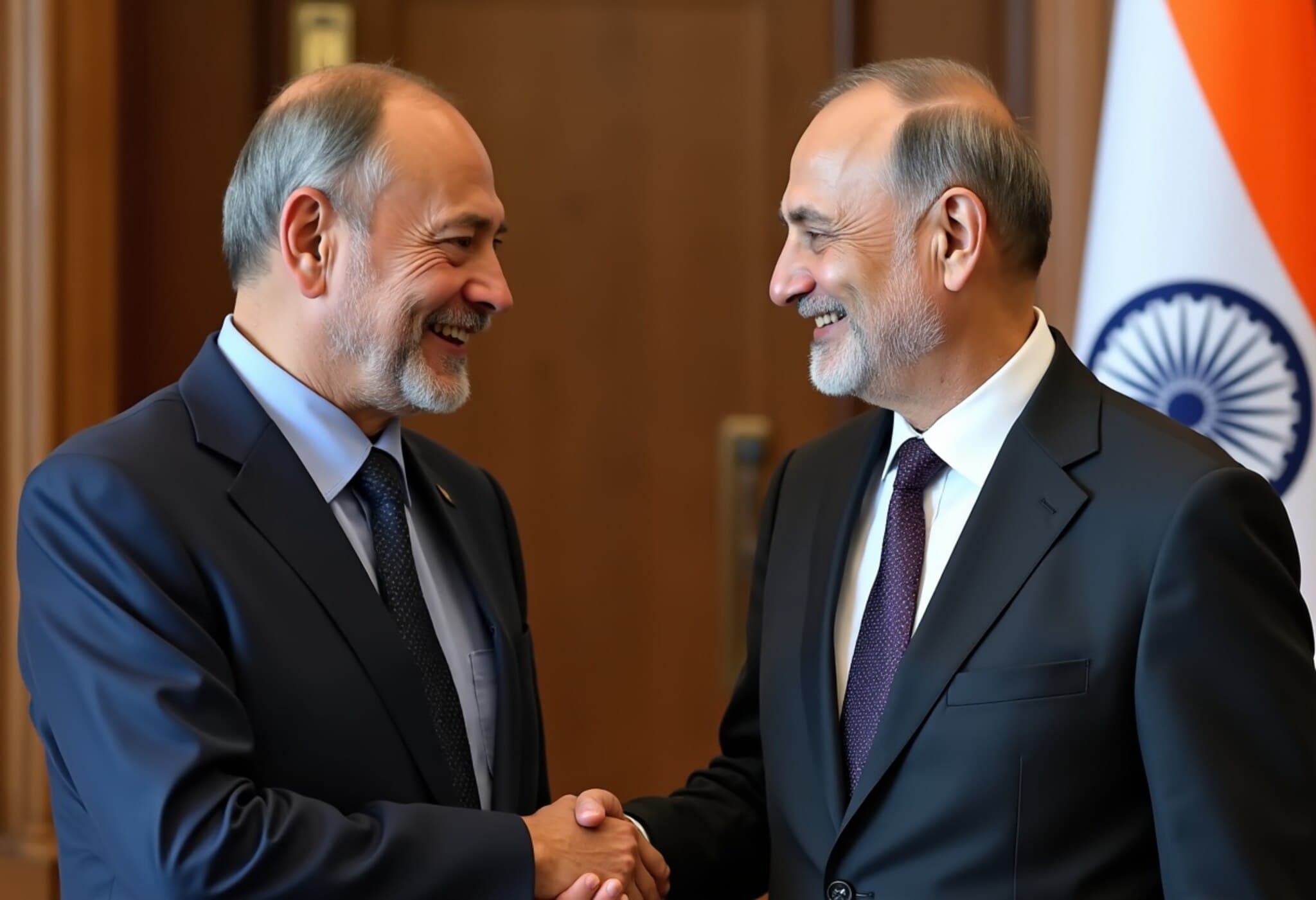European Nations Pressure Iran with Snapback Sanctions Amid Nuclear Talks Deadlock
As diplomatic efforts to revive the 2015 Iran nuclear deal falter, France, the United Kingdom, and Germany—collectively known as the E3—have formally warned the United Nations of their readiness to trigger “snapback” sanctions against Tehran if it fails to meaningfully re-engage in nuclear negotiations by the end of August 2025.
Understanding Snapback Sanctions and Their Origins
The concept of “snapback sanctions” stems from the original Joint Comprehensive Plan of Action (JCPOA) signed in 2015. The deal lifted several international sanctions on Iran in exchange for strict limits on its nuclear program. Importantly, the snapback mechanism was designed as a safeguard—allowing any JCPOA participant to unilaterally reinstate UN sanctions if Iran commits a “significant non-performance” or breaches the terms.
Unlike typical UN sanctions, these snapback sanctions bypass the usual Security Council veto process, meaning that even permanent members like Russia or China cannot block them once triggered. This makes the tool especially potent.
Recent Developments and the Stakes Involved
In mid-July 2025, the European Union formally announced it would initiate the process of reinstating these sanctions on August 29 unless Iran demonstrates tangible progress towards nuclear constraints. This deadline is critical, as current UN sanctions on Tehran are due to expire on October 18, 2025, heightening urgency.
The E3’s letter to the UN Security Council and Secretary-General António Guterres underscored their intention to activate snapback sanctions unless Iran seizes the opportunity for a diplomatic extension or agreement. This message comes amid rising tensions in the region following the June escalation in which Israel and the U.S. launched airstrikes targeting Iranian nuclear facilities, abruptly halting the sixth round of U.S.-Iran nuclear talks.
Iran’s Response and Regional Implications
Tehran has expressed openness to resuming direct negotiations with Washington but firmly refuses to comply with demands to halt its increasingly advanced uranium enrichment program. Current enrichment levels have reportedly soared to 60%—a significant leap toward the approximately 90% uranium purity required for weapons-grade material, according to the International Atomic Energy Agency (IAEA).
Iran’s government insists their nuclear ambitions are purely for peaceful energy production. However, analysts warn that the country’s nuclear advancements coupled with escalating sanctions could lead Iran to withdraw from the Nuclear Non-Proliferation Treaty (NPT), further destabilizing global security frameworks.
Expert Perspective: The Broader Geopolitical Context
Ellie Geranmayeh, Deputy Director of the Middle East and North Africa program at the European Council on Foreign Relations, refers to snapback sanctions as the “last card” in Europe’s strategy to bring Iran back to the negotiating table.
This approach reflects growing frustration with Tehran’s hesitance and the need to uphold non-proliferation standards in a volatile Middle East. For American policymakers, particularly in the wake of former President Trump’s 2018 withdrawal from the JCPOA, the risk of a nuclear-armed Iran has heightened urgency. Trump’s exit destabilized the agreement and triggered a cycle of sanctions and retaliations that continue to complicate international diplomacy.
Looking forward, the challenge lies not only in preventing nuclear proliferation but also managing regional energy markets and geo-strategic alliances. The re-imposition of sanctions could disrupt Iran’s oil exports, influencing global energy prices and deepening economic challenges domestically, which may in turn affect Tehran’s negotiating posture.
What’s Next for the Iran Nuclear Deal?
- Deadline Approaches: August 29, 2025, marks the EU's checkpoint to start reinstating snapback sanctions if progress stalls.
- Diplomatic Uncertainty: With U.S.-Iran talks suspended, prospects depend on Iran’s willingness to moderate its nuclear program.
- Regional Stability Risks: Potential escalation affects Middle East security and global energy markets.
Editor’s Note
The ongoing standoff over Iran’s nuclear program highlights complex challenges at the intersection of diplomacy, security, and international law. Snapback sanctions represent a powerful yet double-edged instrument: while aiming to enforce compliance, they may harden Iran’s resolve and exacerbate tensions. The international community faces a delicate balancing act—between asserting firm non-proliferation standards and avoiding a confrontation that could engulf the region. As the August deadline looms, critical questions remain: Will Iran prioritize dialogue over escalation? Can the JCPOA, even in its strained state, provide a platform for renewed engagement? Observers and policymakers alike must watch closely as this pivotal moment approaches.

